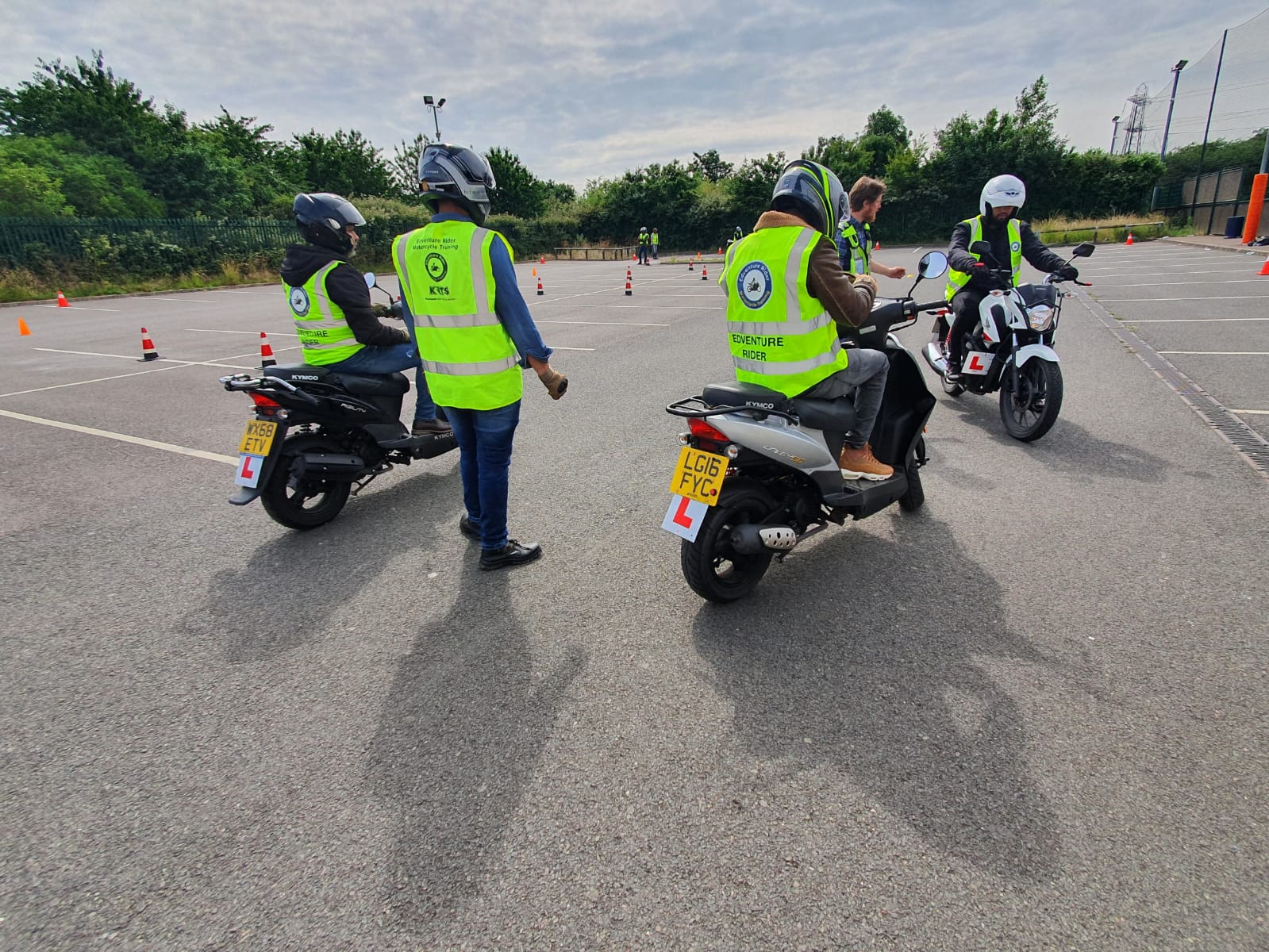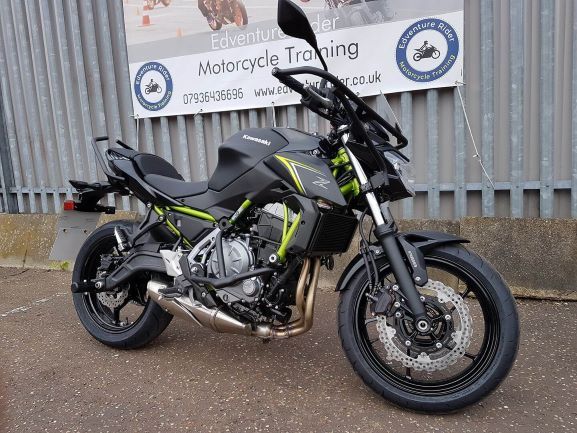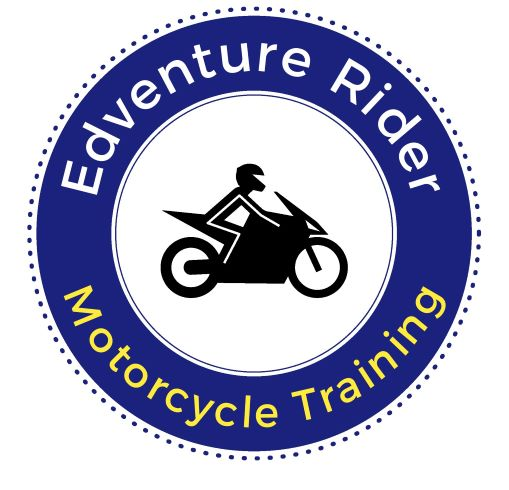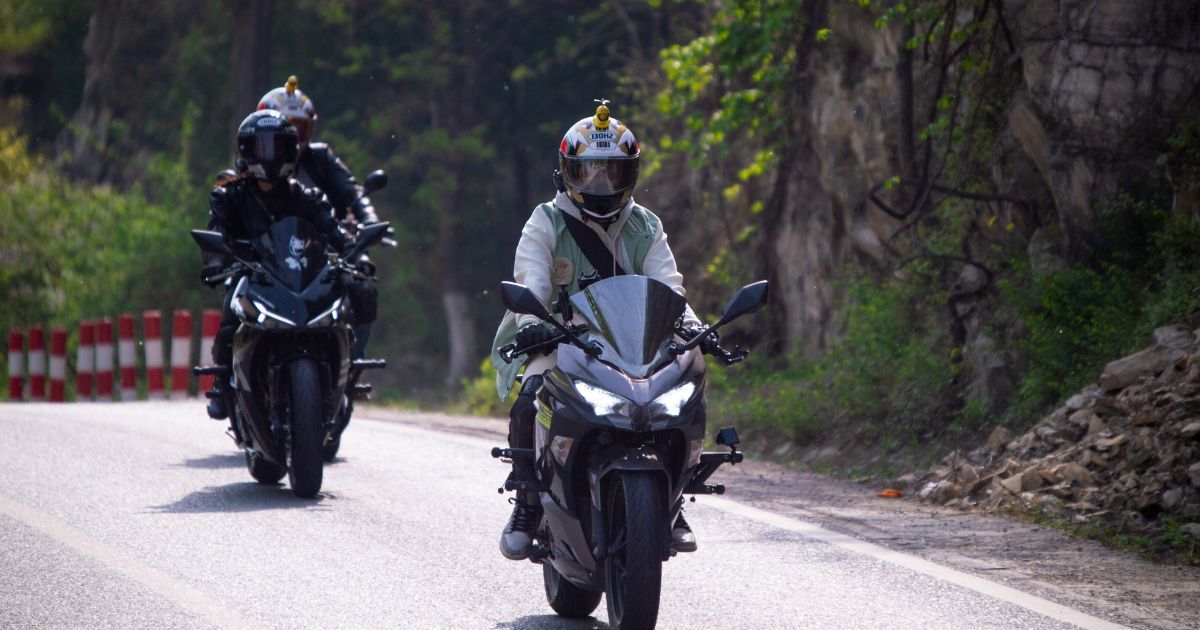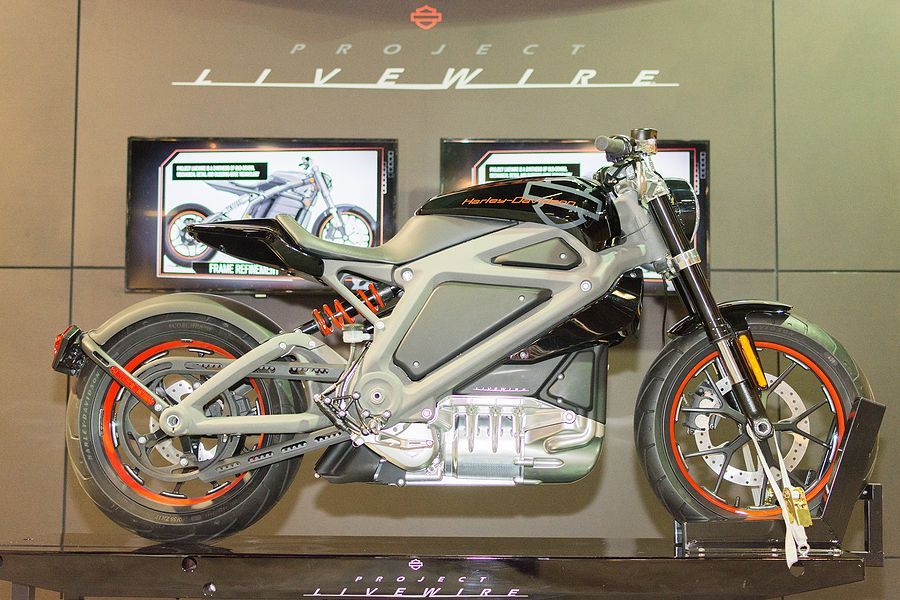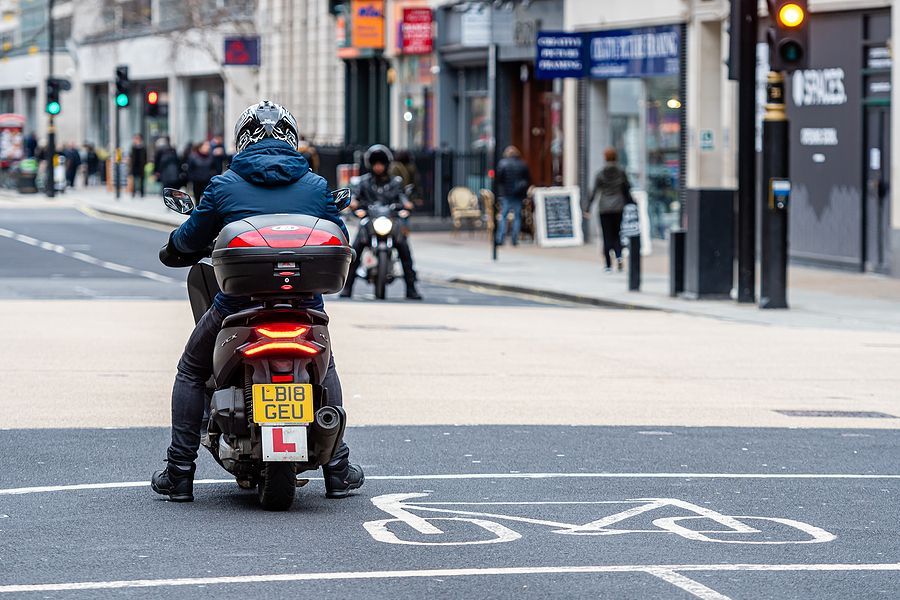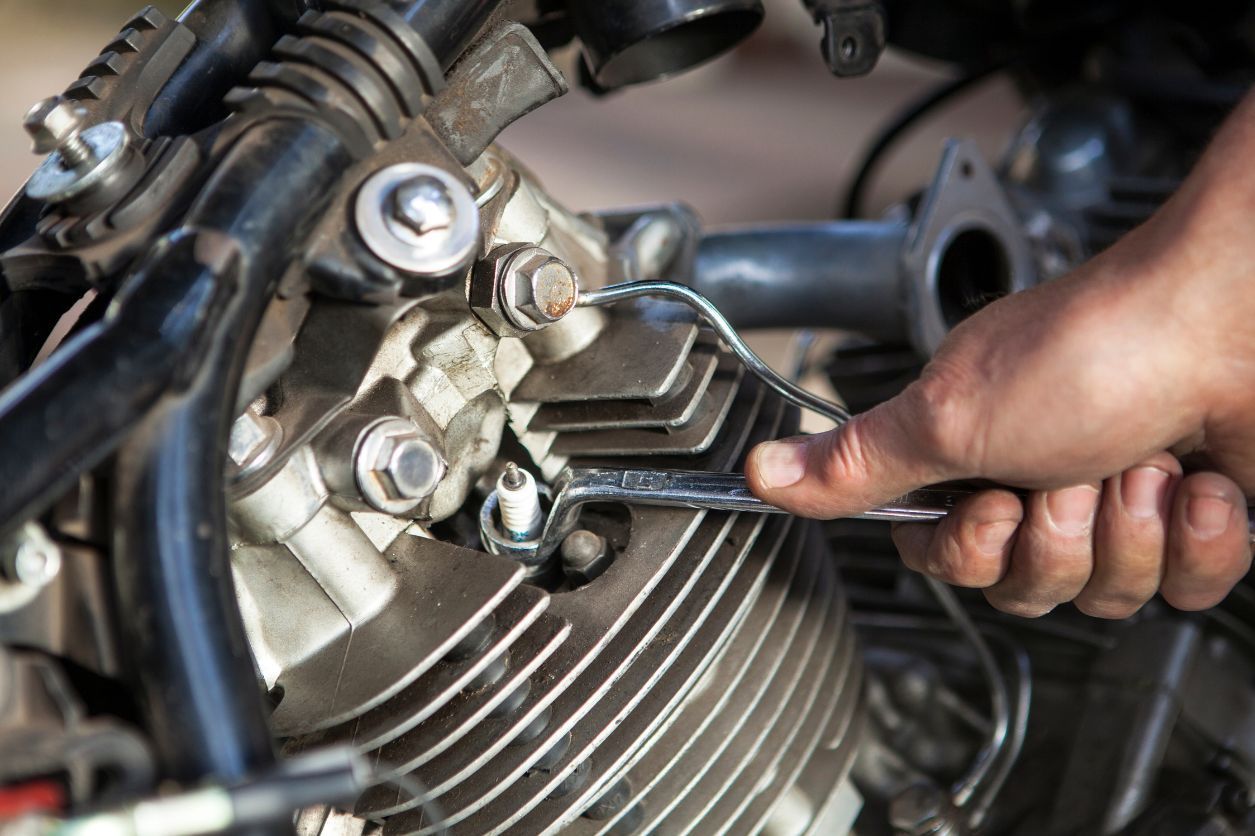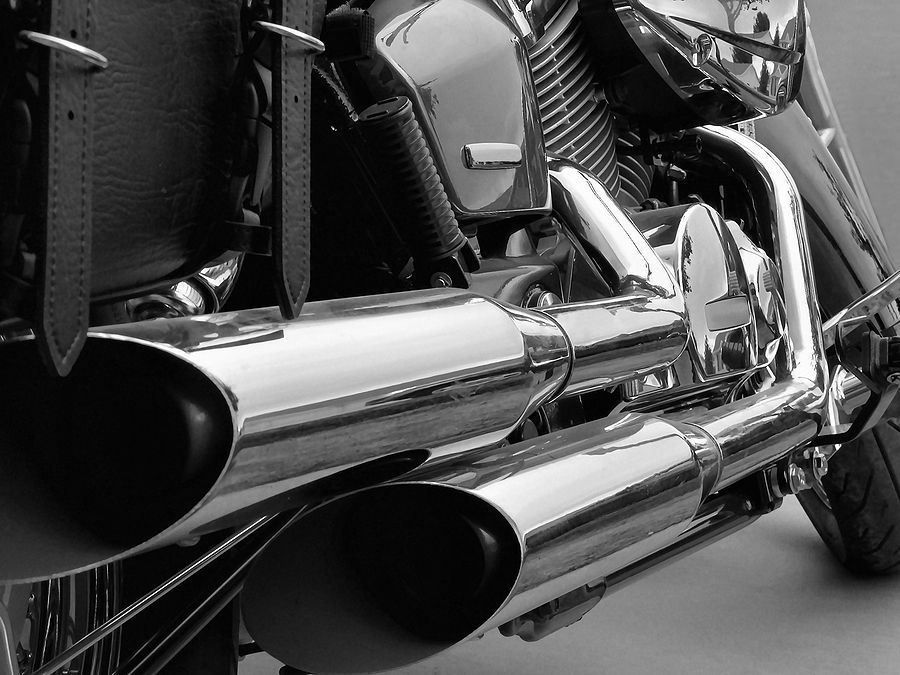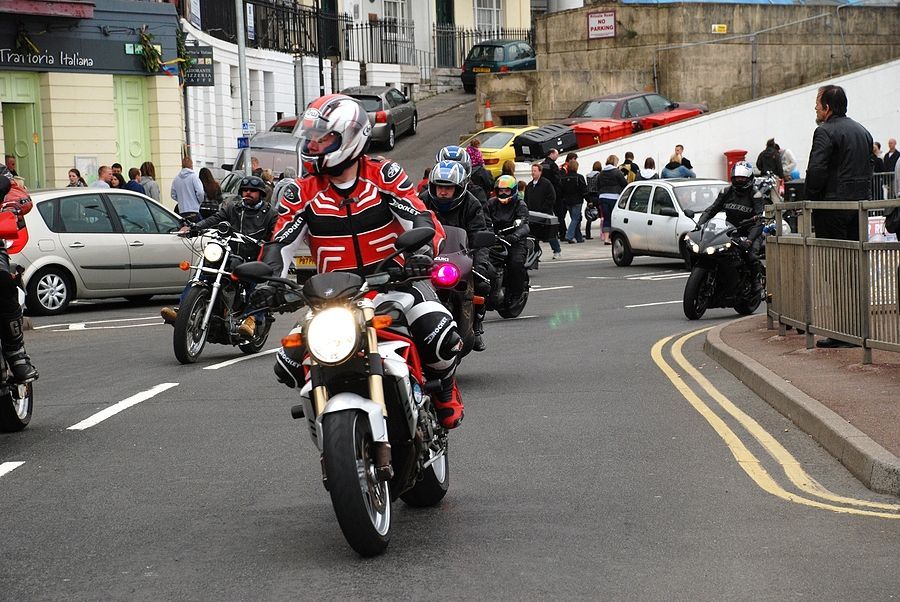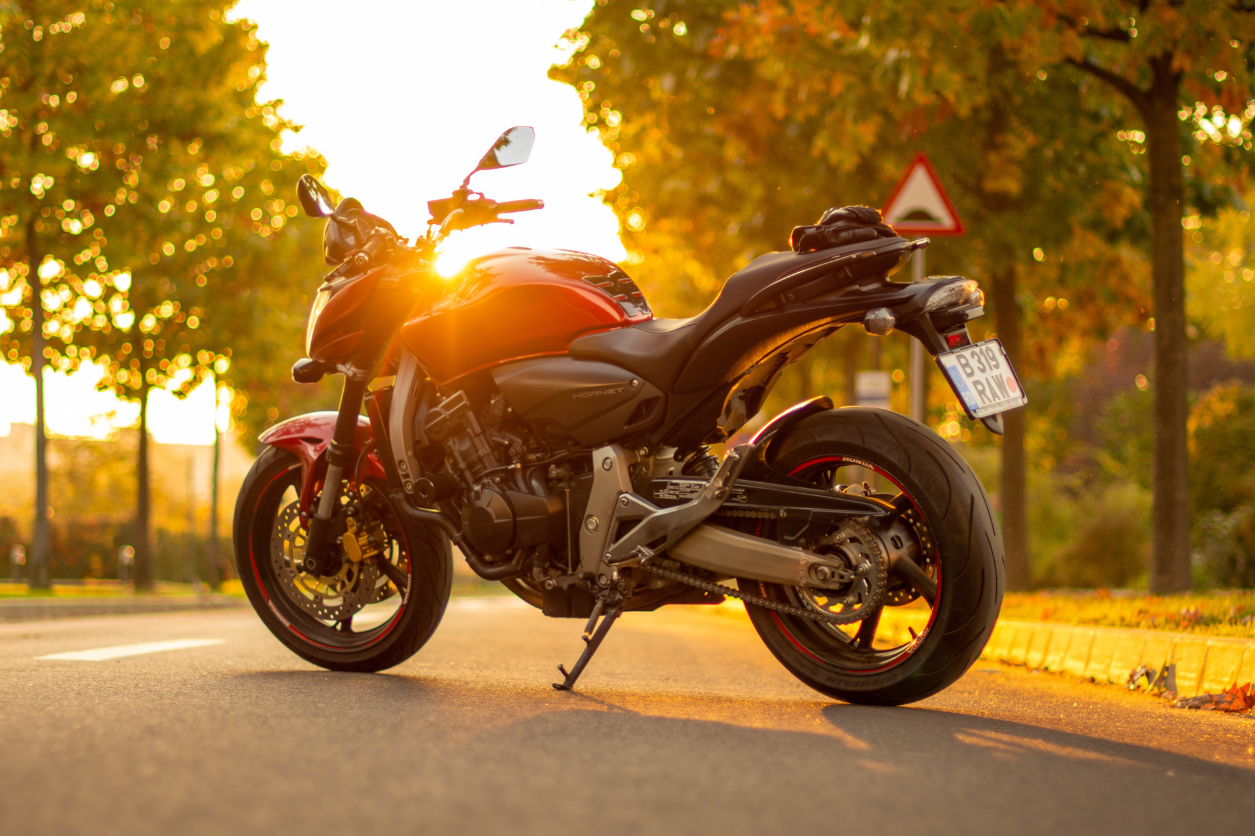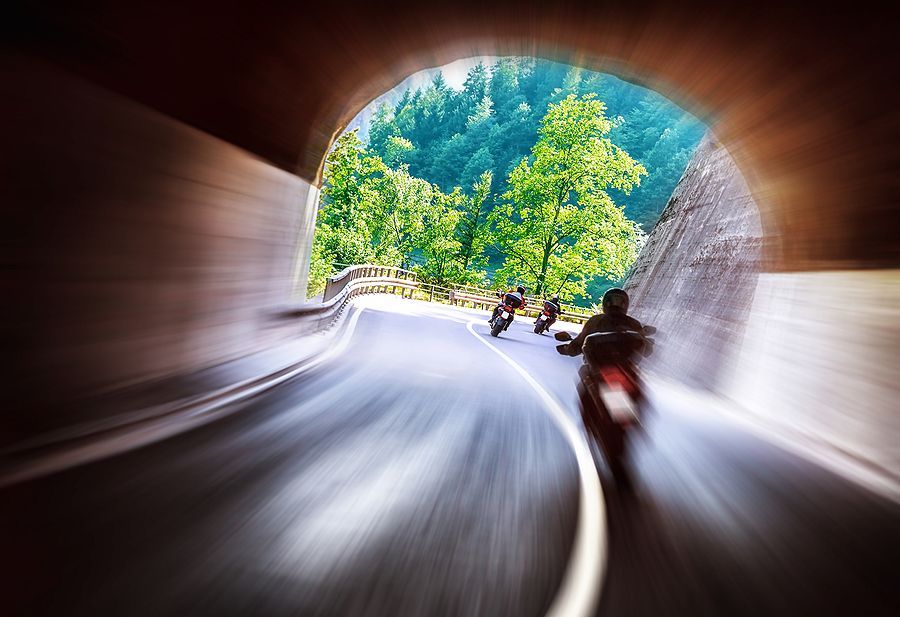Your Guide To Mastering The Elements
On your motorbike, cruising through the elements with confidence. Whether the sun is shining, rain is pouring in typical British fashion or winter's chill is in the air, riding a bike is an exhilarating experience that's not bound by weather. But, like any skill, mastering the art of safety in different weather conditions takes knowledge, preparation and practice.
The Basics: Safety Gear For All Weather
No matter the forecast, your safety gear should remain consistent. A British Standards approved helmet, gloves, a sturdy riding jacket, pants and boots are your best friends on the road. However, when it comes to dealing with weather variations, you'll need to add a few extra layers or accessories to your kit.
Rainy Days: Invest in a quality rain suit to keep you dry. Anti-fog visors or goggles can be a lifesaver for visibility.
Hot and Sunny Days: Opt for gear with ventilation to stay cool. Sunscreen is a must and consider wearing a moisture-wicking base layer.
Cold Weather: Layering up with thermal clothing and heated gear can be a game-changer. Don't forget to keep your extremities warm with heated grips and insulated gloves.
Rain or Shine: Riding Technique Matters
Rainy Days:
Slower and Smoother: Reduce your speed and increase your following distance. Smooth, gradual inputs to the throttle, brakes and steering are key to maintaining control.
Avoid Puddles: Puddles can hide potholes or slippery surfaces. Steer clear when possible.
Be Visible: Rain can reduce visibility for you and other drivers. Use your headlights and wear high-visibility gear.
Hot and Sunny Days:
Hydration: Stay hydrated before and during your ride. Dehydration can lead to fatigue and reduced concentration.
Beware of Tar: On scorching days, melting tar on the road can become a hazard. Keep an eye out for sticky patches.
Cold Weather:
Warm Up: Give your bike a few extra minutes to warm up in cold weather. Cold engines can be less responsive.
Tyre Pressure: Cold weather can decrease tyre pressure. Make sure your tyres are properly inflated.
Know When To Stay In
Sometimes, the safest choice is not to ride at all. Extreme weather conditions, such as heavy snow or ice, can make riding treacherous. In such cases, it's wise to wait it out or find alternative transportation.
Riding a motorcycle can be a year-round passion, but it's crucial to adapt to the ever-changing weather conditions. With the right gear, knowledge and techniques, you can confidently tackle any weather Mother Nature throws your way.
Remember, your safety should always be your top priority, so exercise caution and good judgement when deciding whether to ride in challenging conditions. Happy and safe riding, no matter what the weather holds!
